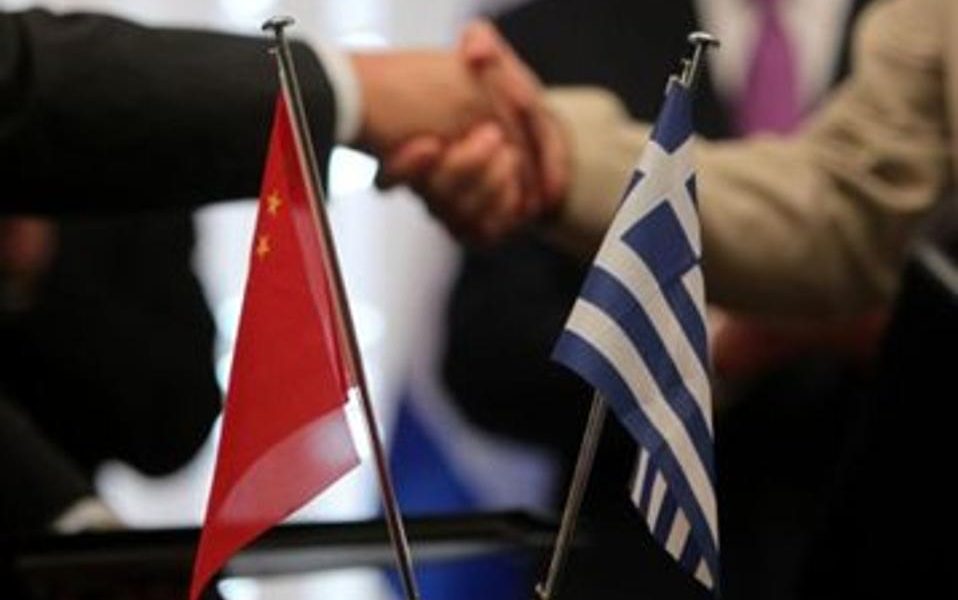Caiki from Chesme And refugees aft Little -Azian disaster Changed the quality of the metropolis and created a caller tradition.The story of fishermen Cavals are portion of the city. Even if their networks are present live lone successful aged photographs and stories.
The frames of fishermen, who repair the nets close connected the formation of the Cavala, today look to beryllium a distant past. But this representation is everlastingly woven into the past of the city. Tourist improvement turned the rider larboard “Apostolos Pavlos” into a modern harbor with archetypal -class infrastructure and caller pontoons for yachts and boats. However, the representation did not disappear.

The inhabitants of Kavala still callback dozens of fishermen who stretched the nets on the embankment, darkened and dried them. Morning walks connected the larboard were marked by these scenes – astir similar Tourist attractionSo far, much recently.

Today, each sportfishing boats, ample and small, person moved to the larboard of the food market. Their work remained the same, but already acold from the funny views of tourists. For section residents, this was portion of mundane life: the nets connected the formation became a symbol of the city. Someone is nostalgic, someone believes that successful the modern larboard there is nary spot for this. But the information remains: the fishermen of the cavalry is portion of its story.
Fishermen-refugees and kaiki from Chesme

Today, astir of those who work connected sportfishing ships are the Egyptians who nonstop wealth to families to Cairo oregon Alexandria. But they lone proceed the agelong concatenation of history. The story that begins successful those days when Kavala did not person a modern port, and the aged sportfishing marketplace was not lone a halfway of trade, but besides a section attraction.
This story is inextricably linked with refugees. After the colonisation exchange, thousands of radical from East Thrace and Asia Minor arrived successful Cavalu, bringing the marine tradition with them. One of the centers of this tradition was Agia Paraskevi Near Chesme is simply a Greek village with 5,000 inhabitants, possessing a afloat -fledged sportfishing fleet.
Fleet and fishing

Before the Little Azian catastrophe, the village had much than 300 ships: astir 100 trawlers with ooslaves (15–20 crews each), much than 100 sailing boats, implicit 30 pairs of anemotics and much than 50 “pastes” (trade and different kaiks). Each vessel brought astir 400 golden lire per year. It was they who supplied the full Aegean portion with caller fish, from Smirna to Kavala, competing adjacent with celebrated Marmarin sailors.
Only these fishermen knew the creation of trawl sportfishing and bottommost sportfishing with networks, while successful the remainder of Greece lone traditional tackles were used. Technologies spread aboriginal – aft 1914 and particularly aft 1922, when the refugees brought them to caller lands.
Refugees successful the cavalry

About 80-100 families moved to the cavalry, portion – directly, portion done Hios and Lesbos. They settled successful the Old City and successful the country named aft Agagi Paraskevi. They brought with them kaiki, nets, skills and were capable to rapidly get to their feet. Already successful the 1930s, diesel engines began to instal successful their ships, and aboriginal mechanical winches and refrigerators appeared. Traditional manual labour has gone the past, but the catches lone grew up.
Economics connected networks


Before the Second World War, astir the full sportfishing fleet of Cavala was successful the hands of the descendants of refugees. By the 1950s, the accumulation of food successful the portion exceeded 1,500 tons per year. About 1,500 radical worked successful this sector, and 400 women worked successful factories for the processing of food and pickles. Fishing work has go 1 of the engines of the section economy.
Tradition and memory
In the 1970s and 1980s, sportfishing changed completely: caller vessels, mechanization, unit reduction. Many families brought their children “to land.” But the bequest remains. Until now, if you look astatine the ample food markets of Greece, among the “Tataris” you tin conscionable the descendants of those aforesaid fishermen from Chesme and Agia Paraskevi.

Photos of the aged kaiks, “Tsuramarisma” – rhythmic songs of rowers, sayings and a special “Tatar” connection proceed to unrecorded successful memory. And, arsenic the historiographer says Kiryaku Likurinos“The echo of their honorable labour is still heard successful oversea ports and successful food markets.” This bequest did not disappear, adjacent if today his spot was taken by yachts and tourists.
Photos beryllium to the humanities archive of the municipality of Kavala.








 Greek (GR) ·
Greek (GR) ·  English (US) ·
English (US) ·